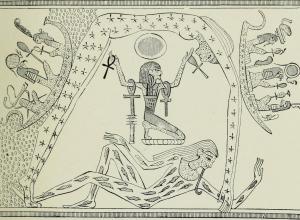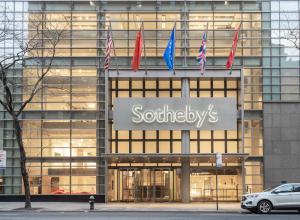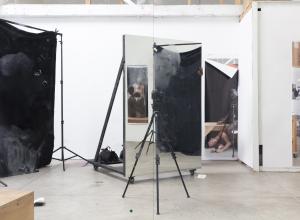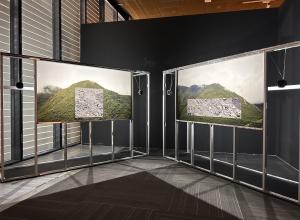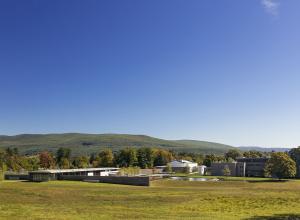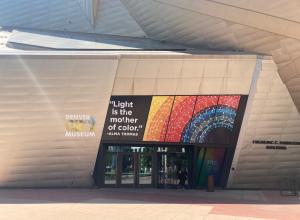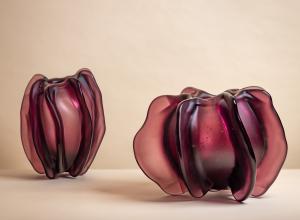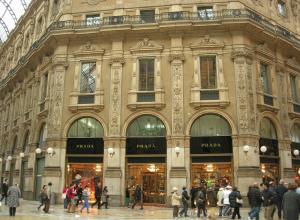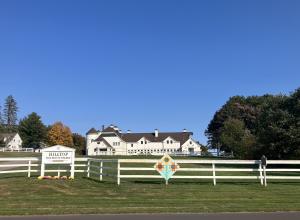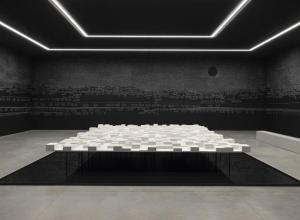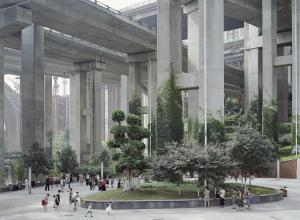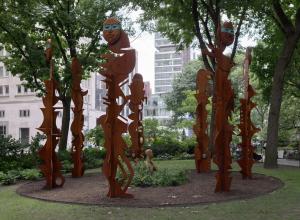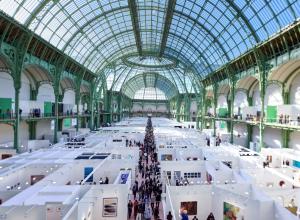The three other finalists, all with films currently on display at the Tate Britain, receive $6,500 each. Forensic Architecture is a collective comprised of architects, filmmakers, lawyers and scientists who study and expose human rights violations. Naeem Mohaiemen’s work centers around the legacy of colonization. Luke Willis Thompson uncovers traumatic histories of class, racial and social inequality, institutional violence, colonialism and forced migration through his films, performance, installation, and sculpture.
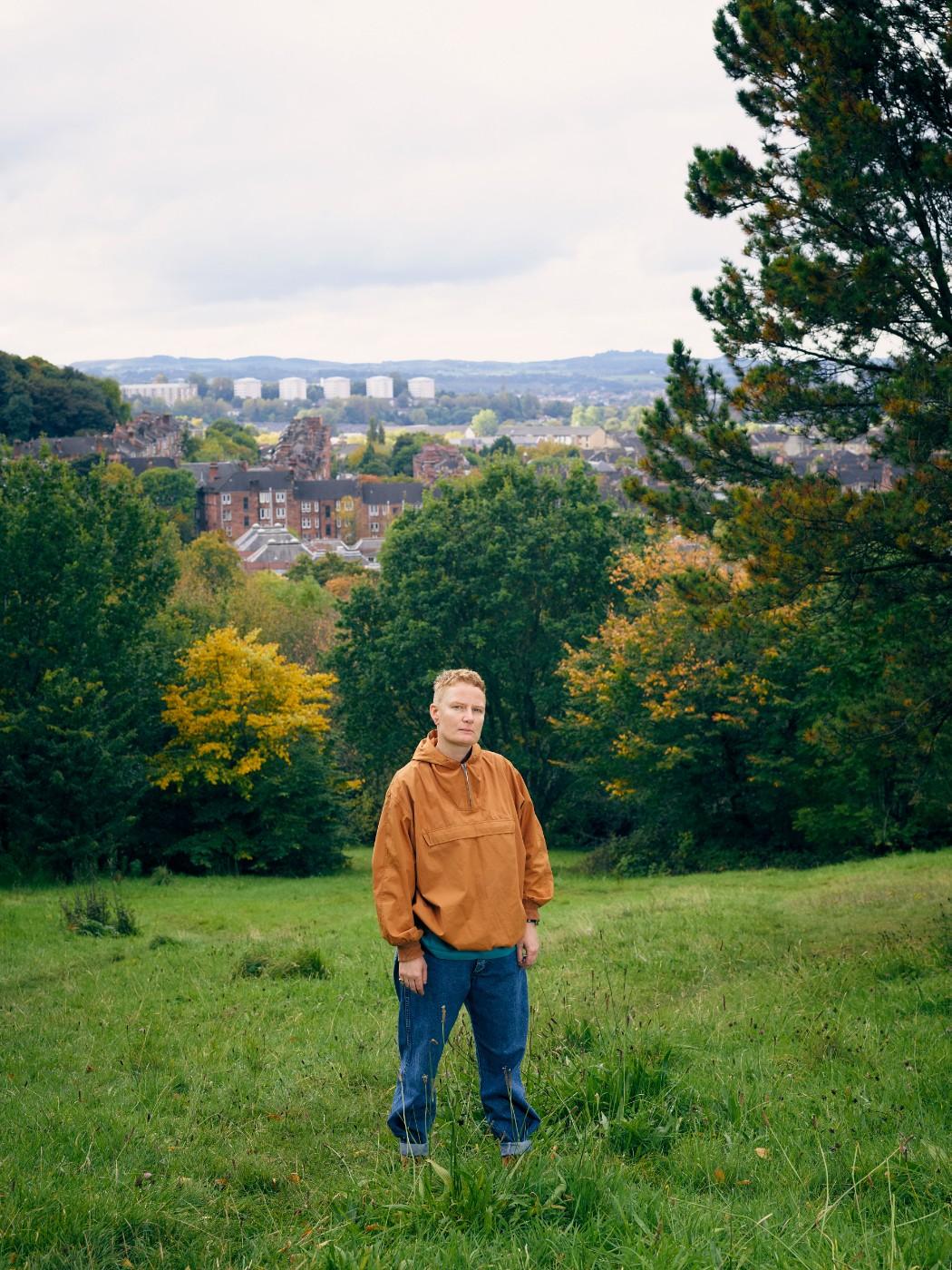
Charlotte Prodger
This week the Tate Britain announced the winner of its 34th annual Turner Prize, which is awarded to a British artist for an outstanding exhibition or other presentation of their work in the preceding year. This year’s jury, comprised of Oliver Basciano, art critic and International Editor at ArtReview; Elena Filipovic, Director, Kunsthalle Basel; Lisa Le Feuvre, Executive Director, Holt-Smithson Foundation; and Tom McCarthy, novelist and writer, selected Charlotte Prodger to take home their $32,000 prize.
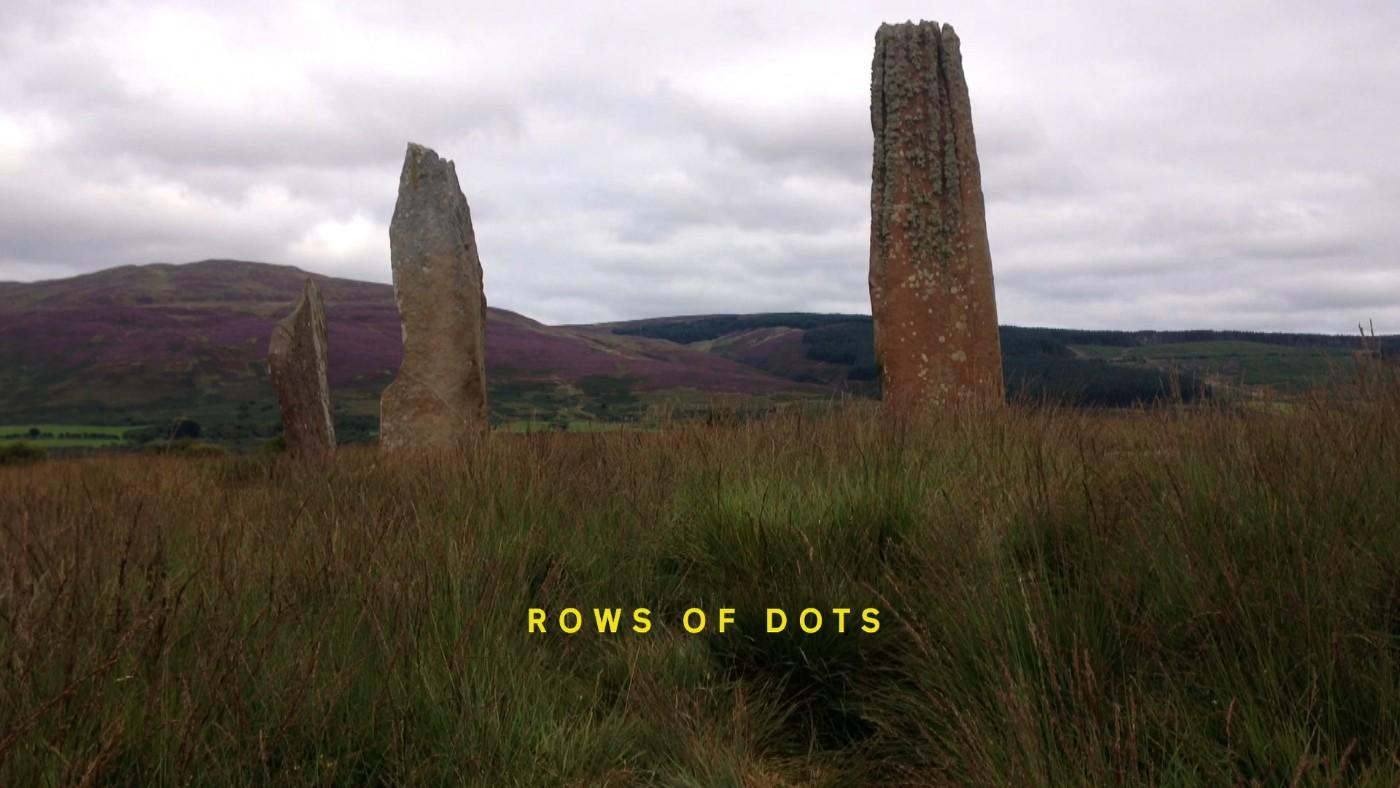
Still from Charlotte Prodger's BRIDGIT, 2016. Single channel video with sound, 32 Minutes.
Charlotte Prodger uses videos captured on her iPhone to explore issues of queer identity, history, and time. Her winning exhibition earlier this year at the Bergen Kunsthall in Norway included the works BRIDGIT (2016, currently on display at the Tate Britain), and Stoneymollan Trail (2015). Both works are autobiographical, overlaying footage of the Scottish countryside with personal narration culled from poetry, text from her diaries, and books written by figures from queer history. Prodger uses the landscape and texts to connect her life and identity to a larger, historical context, though her work remains deeply personal.
Prodger (b. 1974) lives and works in Glasgow and will represent Scotland at the 2019 Venice Biennale.




